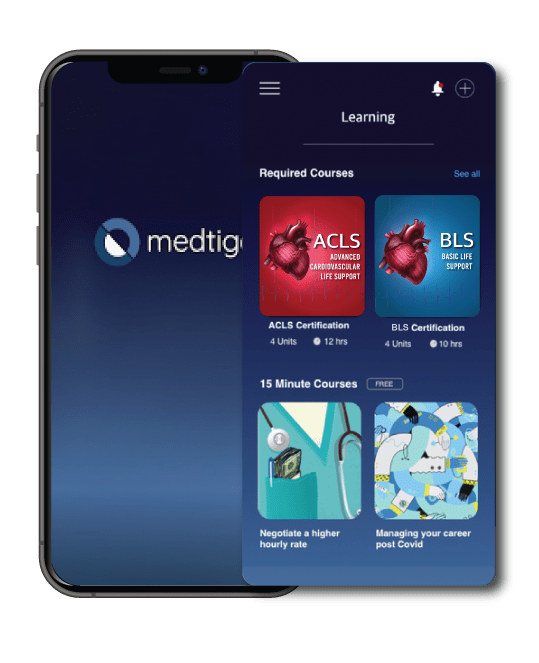
It has been shown that a UCL-developed app that offers speech therapy to individuals with the language condition aphasia greatly enhances their capacity to communicate.
With the use of iTalkBetter, a digital platform created by the Neurotherapeutics Group at the UCL Queen Square Institute of Neurology, users can practice over 200 frequently used terms on their own schedule and without worrying about how much therapy they can receive in total.
In addition to using games to keep users interested, the app’s built-in speech recognition technology recognizes speech in real time and provides feedback to the user on whether they correctly named the displayed item. A recent study that was published in eClinicalMedicine discovered that using iTalkBetter for roughly 90 minutes a day for six weeks increased patients’ capacity to name objects by 13% for the 200 most frequently used terms. Notably, improved spontaneous speaking was also observed.
Speech or language issues arise from aphasia, which is caused by brain injury, mainly to the left side of the brain. The most frequent causes include brain tumors, serious head injuries, and strokes.
Individual differences in symptoms can be significant. But most aphasics struggle with speaking, and they may also have difficulties with writing, reading, and listening. Speech and language therapy is currently provided by the NHS for about 12 hours, and further in-person therapy is accessible privately or through certain organizations.
“Most health care systems massively underdose people with aphasia in terms of the hours of speech language therapy that they are provided,” stated the corresponding author, Professor Alex Leff of the UCL Institute of Cognitive Neuroscience and UCL Queen Square Institute of Neurology. One approach to solving this issue is app-delivered therapy.
This is the first randomized controlled trial of an app designed to improve speaking that transfers to a naturalistic speaking task and show an effect on connected speech.” In a phase II randomized clinical trial conducted between September 2020 and March 2022, the researchers examined the app on 27 individuals who had suffered a stroke and developed aphasia.
Structural and functional magnetic resonance imaging (MRI) was also employed by researchers to observe participant brain activity during app use. Their structural analysis revealed that following iTalkBetter practice, the volume of the brain areas associated with language perception, production, and control rose.
Professor Leff continued, “This is the first task-based fMRI study to identify dose-related changes in brain function in individuals with aphasia.” People with aphasia were able to activate important auditory processing areas in the intact hemisphere more and more as they exercised.”
The iTalkBetter app will soon be made available for use by all eligible patients.
Journal Reference
Efficacy of a gamified digital therapy for speech production in people with chronic aphasia (iTalkBetter): behavioural and imaging outcomes of a phase II item-randomised clinical trial, eClinicalMedicine (2024). DOI: 10.1016/j.eclinm.2024.102483











